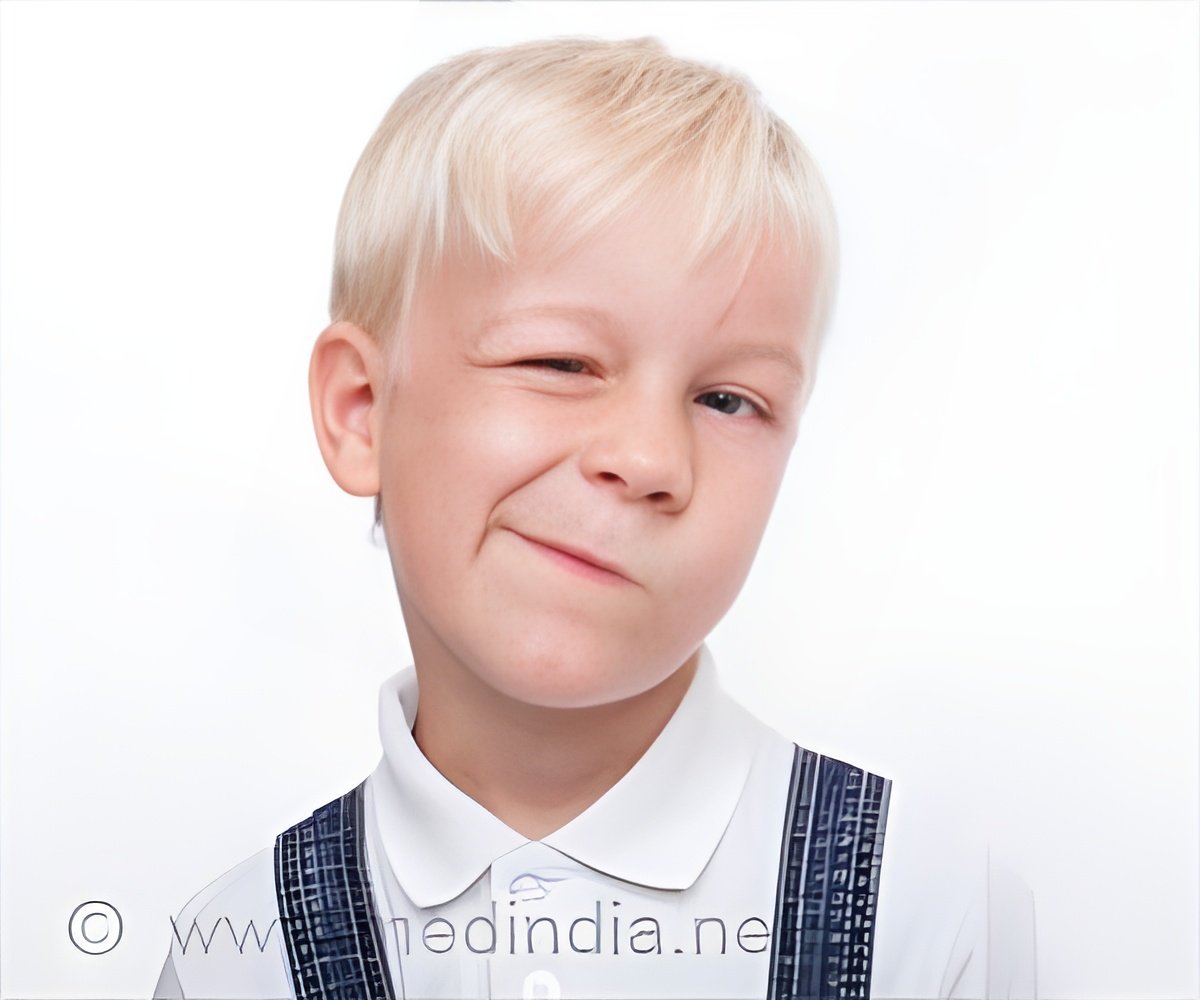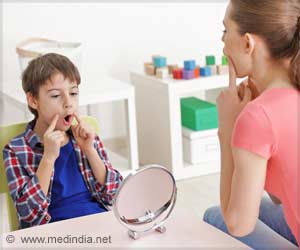Tics in children and young people can be efficiently treated with a new manual developed by a team of researchers.

‘Children who experience tics can opt for better treatment with the newly developed manual. Both individual and group therapy may aid children suffering from spasms.’





This means that therapists in future can plan a much better course of treatment for those children who experience a very difficult life with tics. One of the researchers behind the study, Judith Becker Nissen, who is associate professor at the Department of Clinical Medicine at Aarhus University and a consultant at the Centre for Child and Adolescent Psychiatry, Risskov under the Central Denmark Region, explains:
"The study confirms that children and young people with tics can be effectively treated by training in accordance with the strategies that are described in the manual we have developed. This treatment can take place both in groups and individually. This means that many more children and young people can be offered relevant treatment, which is very welcome news for the affected families," says Judith Becker Nissen.
Around fifteen per cent of all children have tics, and up to one per cent of these children have tics that are classified as chronic. When tics continue for more than a year and include both vocal and motoric tics, the disorder is called Tourette's Syndrome. This disorder can be debilitating for a child, says Judith Becker Nissen.
"Some children suffer from tics to such an extent that they must be given pain relief. They can find it difficult to concentrate, for example because they struggle to keep the tics in check so they don't disturb their classmates, or because their blinking tics make it difficult to focus. In addition, a child who makes strange noises or sudden movements can suffer bullying. We therefore need to help these children get treatment, even though we know that tics often decrease as the brain matures. But the early years are so crucial for a child's development, thus everything that may reduce tics intensity and frequency needs to be done," says Judith Becker Nissen.
Advertisement
"Some parents are concerned that in group therapy their child will copy the other children's tics and end up with more of them. On the contrary, the children in group therapy are given a selection of exercises that can support them in developing strategies which they and their parents can use if new tics turn up later in their lives," says Judith Becker Nissen.
Advertisement
"It has the advantage of both describing individual and group therapy and of combining multiple methods, so the children are given a broad repertoire of methods and strategies. Previously we've relied on American and other guidelines, but cultural differences and experience may play a role for treatment outcome, so it is valuable that Danish children and their parents contribute to the manual," says Judith Becker Nissen.
Source-Eurekalert











